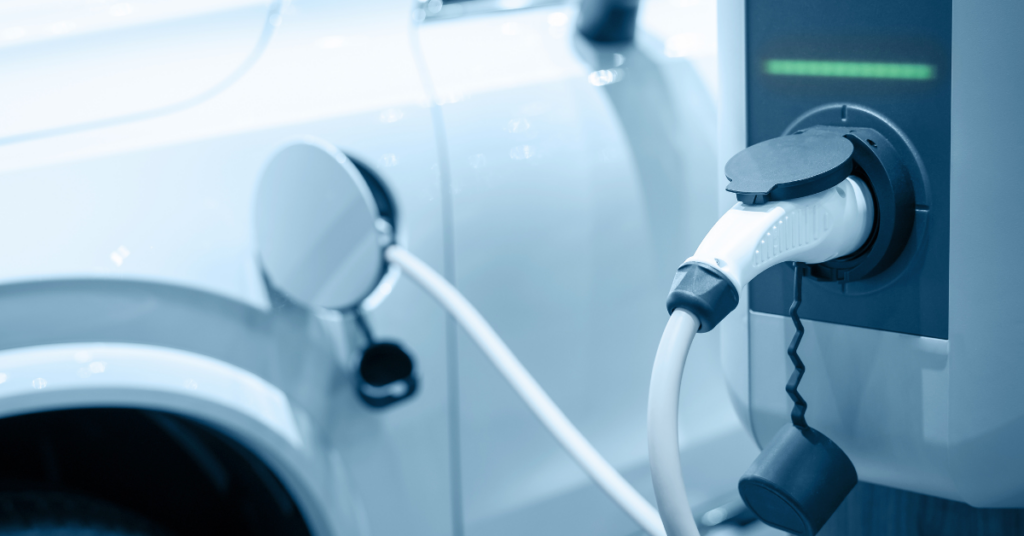
Our daily lives are increasingly shaped by technology, from waking up to smart notifications to navigating traffic and making online purchases seamlessly. Digitization has revolutionized travel, enabling us to avoid congestion, book rides effortlessly, and receive real-time updates on driver arrival times. Against the backdrop of sustainability gaining traction, technological advancements are playing a pivotal role in accelerating electric mobility in India.
Analyzing the cost-benefit perspective, technology constitutes just 2% of total mobility costs but delivers a substantial 98% outcome, highlighting its critical role in service delivery. Efficient operations in mobility rely on maximizing utilization, minimizing costs, and ensuring exceptional user experiences, all achievable through leveraging technology.
The transition from internal combustion engine (ICE) vehicles to electric vehicles (EVs) represents a significant evolution in India’s automotive landscape. The increasing adoption of EVs, coupled with advancements in charging infrastructure, is paving the way for a cleaner and more sustainable mobility ecosystem. Noteworthy technological developments include high-end, tech-driven charging solutions like fast chargers and wireless charging, addressing challenges such as range anxiety and advancing our electric mobility vision. Countries like China and South Korea have embraced this trend, with others poised to follow suit. Domestically, initiatives like the FAME scheme are spurring domestic manufacturing and expanding charging infrastructure availability. Further enhancements in battery technology and renewable energy integration promise even more sustainable mobility solutions.
The future holds promise for electric autonomous vehicles (AV-Es), expected to see burgeoning demand. These vehicles combine the benefits of EVs and autonomous technology, offering a more efficient and eco-friendly alternative to ICE vehicles. AV-Es will play a crucial role in enhancing road safety by minimizing human error, a key factor in 94% of collisions, ultimately leading to faster commutes.
Urban areas often grapple with parking challenges, exacerbating emissions and traffic congestion. Smart parking systems are reshaping urban mobility by integrating parking data with transportation systems to provide real-time traffic updates and optimize travel routes. Leveraging technologies like sensors, data analytics, and real-time data, these systems enhance parking space utilization, reduce congestion, and minimize time and fuel spent searching for spots.
The global smart parking systems market is poised to reach $8.68 billion by year-end, with the Asia-Pacific (APAC) region, particularly India, driving rapid growth due to factors like traffic congestion, limited parking spaces, and environmental concerns. Emerging tech trends include contactless parking systems, cloud-based management solutions, AI-driven predictive parking, and blockchain-enabled secure transactions, poised to dominate the mobility market.
Smart parking is integral to sustainable mobility initiatives, aligning with smart city strategies to meet growing urban mobility demands. These advanced systems are expected to boost alternative transportation options like cycling and carpooling, especially when integrated with EV charging infrastructure.
In India, public transport is vital for mobility and livelihoods, especially in congested, polluted urban centers. State governments are enhancing public transportation accessibility through innovation and technology to address rising fuel costs, aging fleets, and growing populations. Features like real-time information, contactless payments, and mobile ticketing aim to enhance convenience and accessibility.
The advent of digitization underscores the importance of big data in transportation planning, traffic control, and infrastructure optimization. By analyzing transportation data, agencies can identify traffic patterns, predict demand, and plan future needs efficiently.
In summary, technological innovations, from EVs to smart parking systems, are reshaping India’s mobility landscape toward a more sustainable and connected future. The transition to electric mobility is bolstered by government support, aiming for 30% vehicle electrification by 2030 and a net-zero target by 2070. Achieving a smarter, greener, and more connected mobility future will require collaborative efforts across government, the private sector, transportation agencies, mobility providers, and startups.